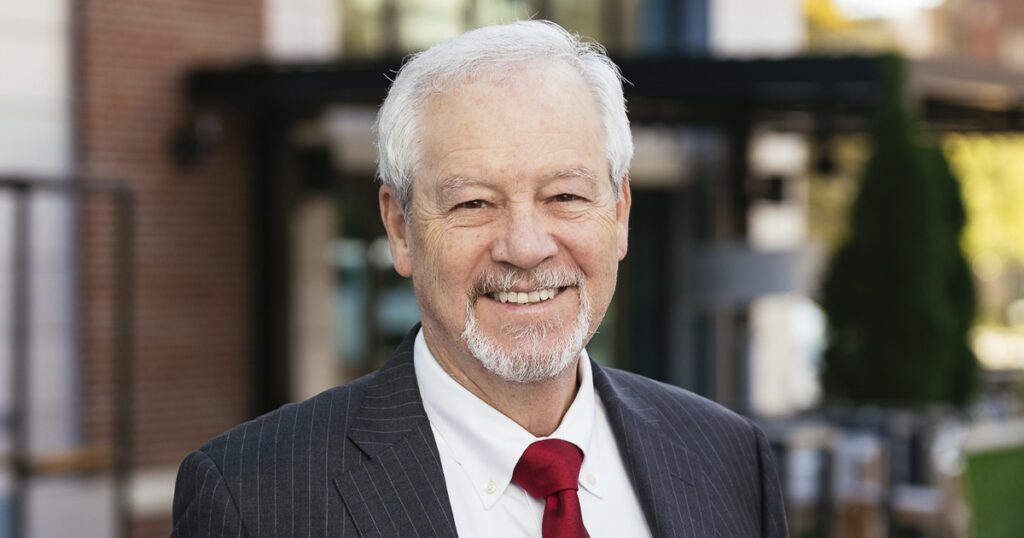Liability waivers are a well-known staple in the business world. These waivers are written contracts, or provisions inserted into service agreements, in which you, the business owner, put your customers or clients on notice of the risks of participating in whatever activity – or accepting whatever services – your business provides. You’ve signed one of these waivers every time you’ve visited a trampoline park, sent your child to summer camp, or participated in a friendly round of axe throwing.
Importantly for business owners, waivers also allow clients or customers to prospectively waive their right to sue for injuries or damages arising out of the activity or service your business provides. Waivers serve an important public policy function of educating consumers while also protecting business providers. Written well, waivers are a win-win: customers realize what they’re getting into and have a chance to opt-out before engaging in any potentially risky activity; businesses are protected from lawsuits.
Courts across the country, including in South Carolina, have allowed liability waivers to provide release and indemnity even when a business provider was negligent (of course, release and indemnity agreements are limited: they cannot protect a business from liability for injuries determined to be caused by intentional actions or gross negligence).
But what about the risk of contracting COVID-19 on your premises? Most liability waivers do not explicitly contain language exculpating providers from liability for infection. Modifying your business’s waiver(s) to expressly include language relating to COVID-19 is a cost-effective step your business can take to help reduce potential liability for COVID-19 exposure claims.
Even though liability waivers are a routine feature in the business world, there is always the possibility that courts may deem COVID-19 waivers unenforceable. After all, courts have the final say when any kind of waiver is challenged. COVID-19 is still too new to say with certainty how courts will respond to COVID-19 liability waiver challenges.
In spite of the uncertainty of judicial interpretation, there are good reasons to consider modifying your existing waiver(s) (or creating a new one). Modifying your waiver is not just about protecting your business from potential lawsuits. COVID-19 waiver language can also serve as an important reminder to your customers and clients of the importance of being mindful of, and assuming personal responsibility for, the risk that COVID-19 still poses. As a business owner, you can put in place preventive measures to reduce the spread of COVID-19, but you cannot guarantee that your clients or customers will not become exposed or infected. This is especially true for businesses in the service industry for which business models rely on physical interaction with customers.
As businesses resume normal operations, it is more important than ever to ensure that your business is doing all it can to protect not only your own employees, customers and clients, but also reduce your legal liability.
Wyche will continue to follow COVID-19 insurance coverage developments. Please contact us if we can assist your business.






